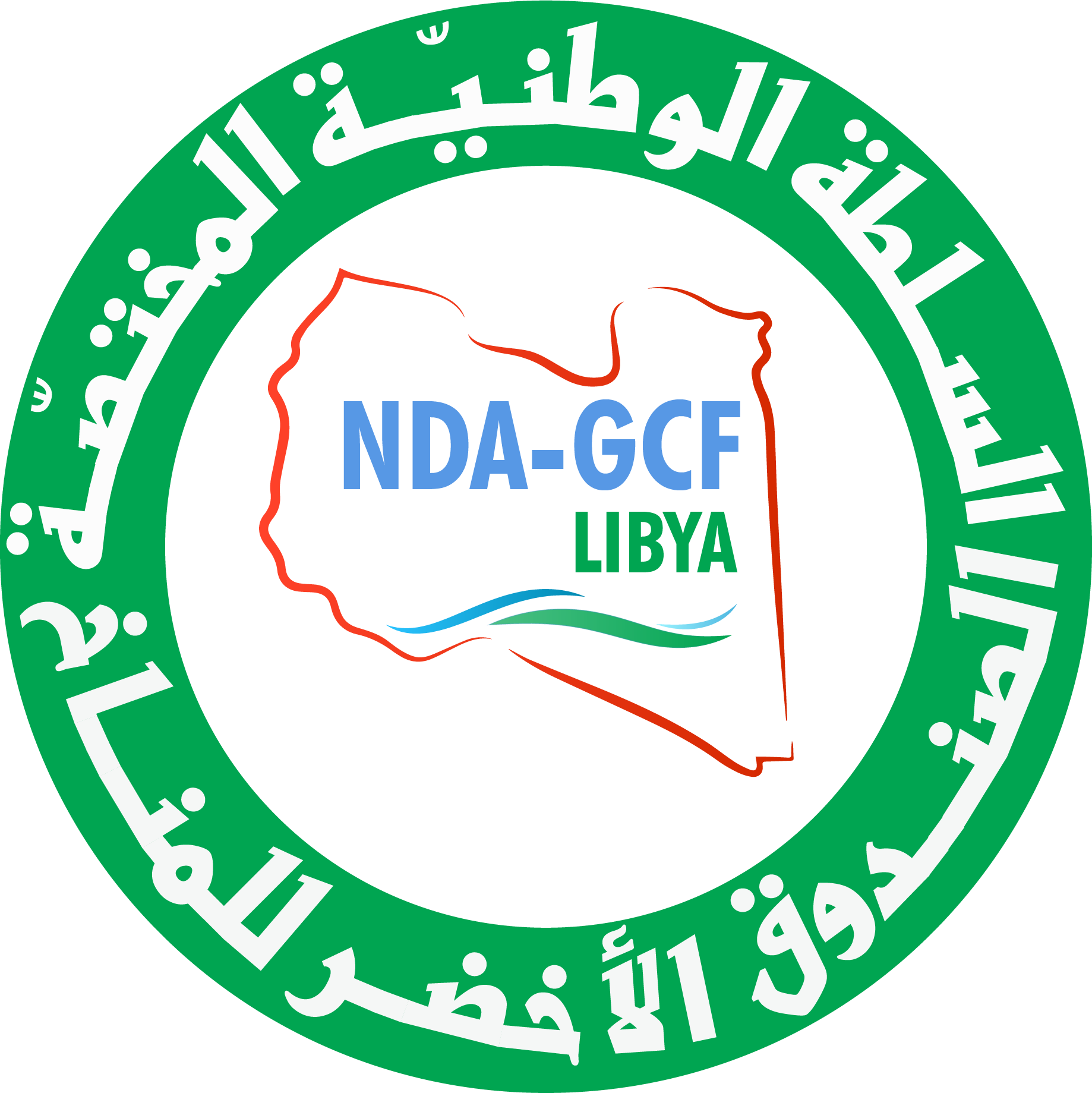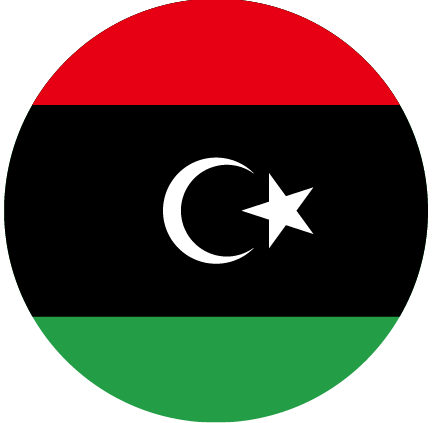
Project « Readiness Libya » - Preparing
Libya to climate finance - Green Climate
Fund
Introduction to the Readiness Libya Gender
Study
Gender mainstreaming: Let’s speak about gender
As part of its “Readiness” program, the Green Climate Fund (GCF) has made available to all countries wishing to access its funding, preparatory support projects capable of supporting them in their climate commitment. With little knowledge of the issues and fund allocated to climate, these projects aim to inform the countries and make them aware of the financial stakes highlighted by the GCF.
Box 1: National Designated Authorities (NDA) The National Designated Authorities (NDA) are government institutions that serve as the interface between each country and the GCF. They provide broad strategic oversight of the GCF’s activities in the country and communicate the country’s priorities for financing low-emission and climate-resilient development. Source: GCF, “Readiness and Preparatory Support Guidebook”.
|
One of the ways to access GCF funding, supported by “Readiness” projects, is the establishment of a National Designated Authority (NDA) (Box 1). The Authority is the main interface between the country and the GCF. Its main objective is to make sure that the activities of the projects financed by the GCF are consistent with the objectives and strategic priorities at the national level. These activities must also contribute to fostering ambitious action on climate change adaptation and mitigation of its impacts in accordance with national needs.
It is in this context that Libya has conducted the “Readiness Libya” project, led by the Sahara and Sahel Observatory (sso) (2018-2019), which aims to establish an NDA and strengthen its institutional capacities. Its main task will be to evaluate the project proposals, submitted by the different international, regional, national or sub-national entities and institutions, public or private, in order to determine whether they will be able to help Libya achieve its climate objectives and to issue a non-objection letter[1] thereafter (Annex 1).
However, the support of these entities/institutions can only be achieved through an analysis of the candidates’ potentialities in relation to fiduciary, environmental, social and gender[2] standards. This latter aspect is crucial to the objectives and guiding principles of the Fund. It is considered an essential decision-making element for the deployment of GCF resources. Indeed, the Fund has made of the gender issue a key element of its programming architecture. Its commitment to gender equality focuses on gender-sensitive climate action programs and projects that benefit to women and men, regardless of their age[3].
As a result, the implementation of the “Readiness Libya” support project must involve anchoring the gender approach in climate projects, with regard to all socio-economic sectors (agricultural sector, energy and mining sector, water sector, etc.). Indeed, the gender approach is particularly relevant for analyzing the impacts of climate change on the population and for developing more effective responses, which take into account the roles and knowledge of everyone, while contributing to equality between men and women.
In light of this approach, SSO is carrying out a study on gender which will aim at promoting the equality between women and men, girls and boys, taking into account differences and socially established hierarchies, with the aim of achieving greater and more sustainable results in terms of climate change.
This study concerns the NDA structure, and will strengthen the mainstreaming of gender within the NDA and support the presence and involvement of vulnerable groups, including women and young people, in decision-making.
The Gender study aims to highlight expertise, and the environment (legal and regulatory frameworks) and will:
• Check the effectiveness of gender-related internal practices and mechanisms in the NDA;
• Monitor and evaluate progress on gender integration;
• Identify major gender-related weaknesses and difficulties;
• Make recommendations to address gender exclusion by suggesting improvements and innovations;
• Describe good practices for better gender mainstreaming.
In a more practical way, the Gender study provides basic information, very important to the assessment of the level of gender integration within the NDA at the organizational and technical levels. The gender study will therefore give an idea of all the changes to be designed and implemented to guarantee effective gender integration by following a gradual and iterative approach.

